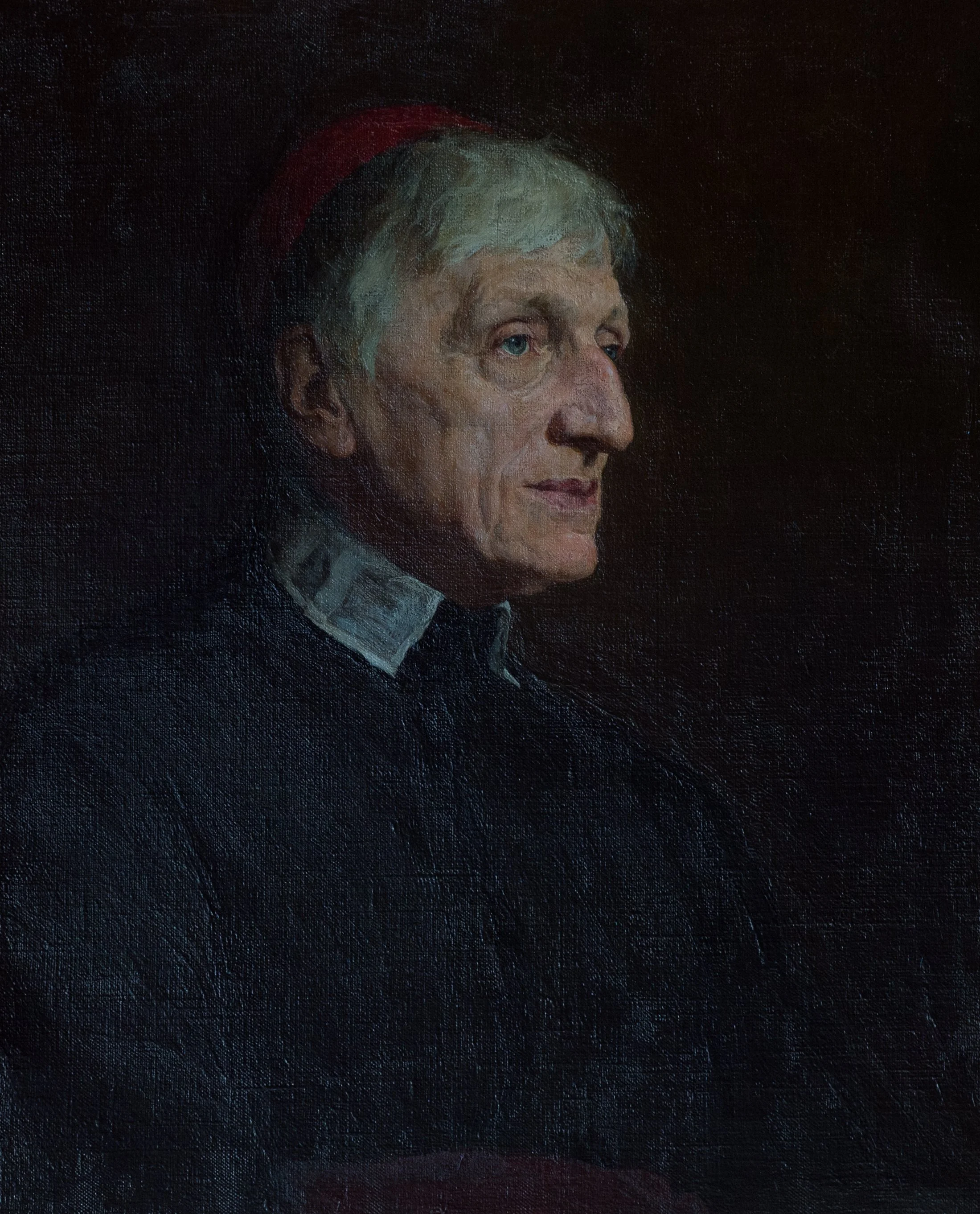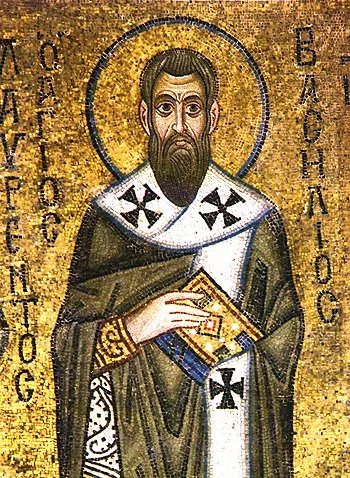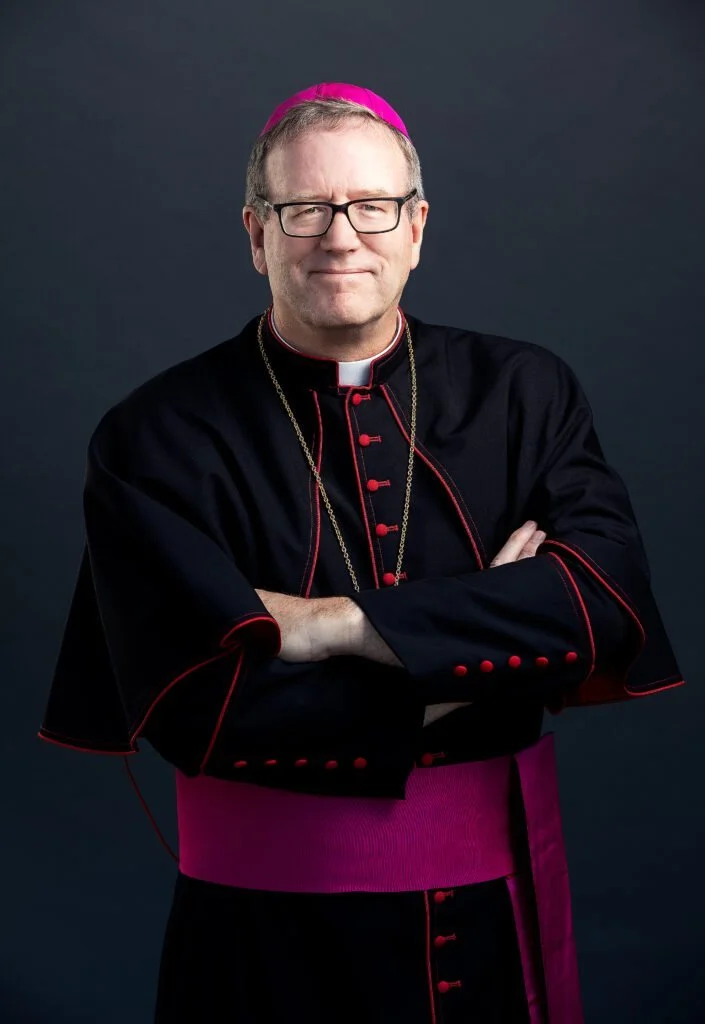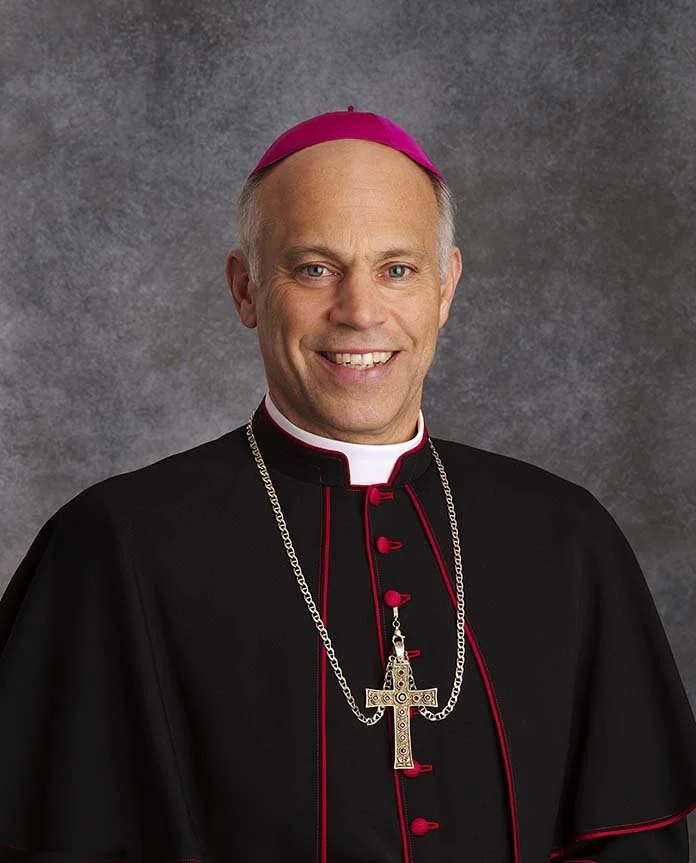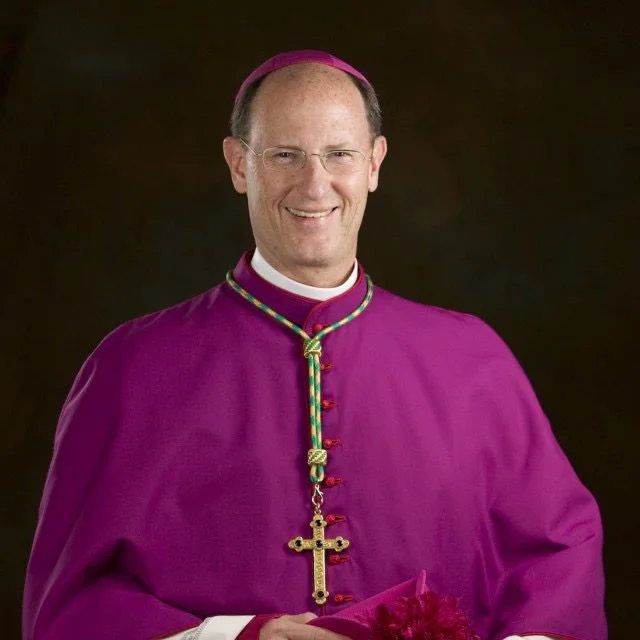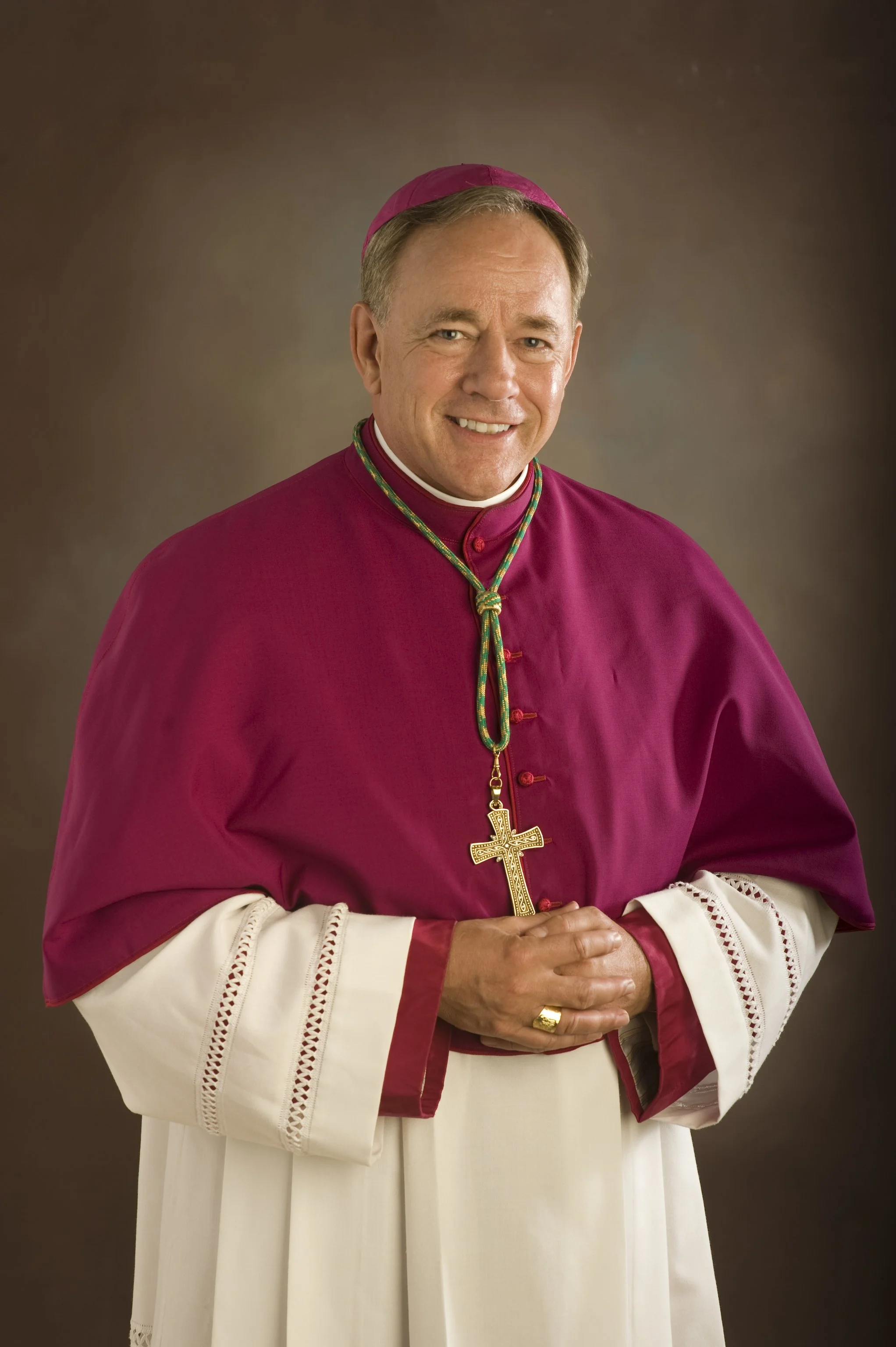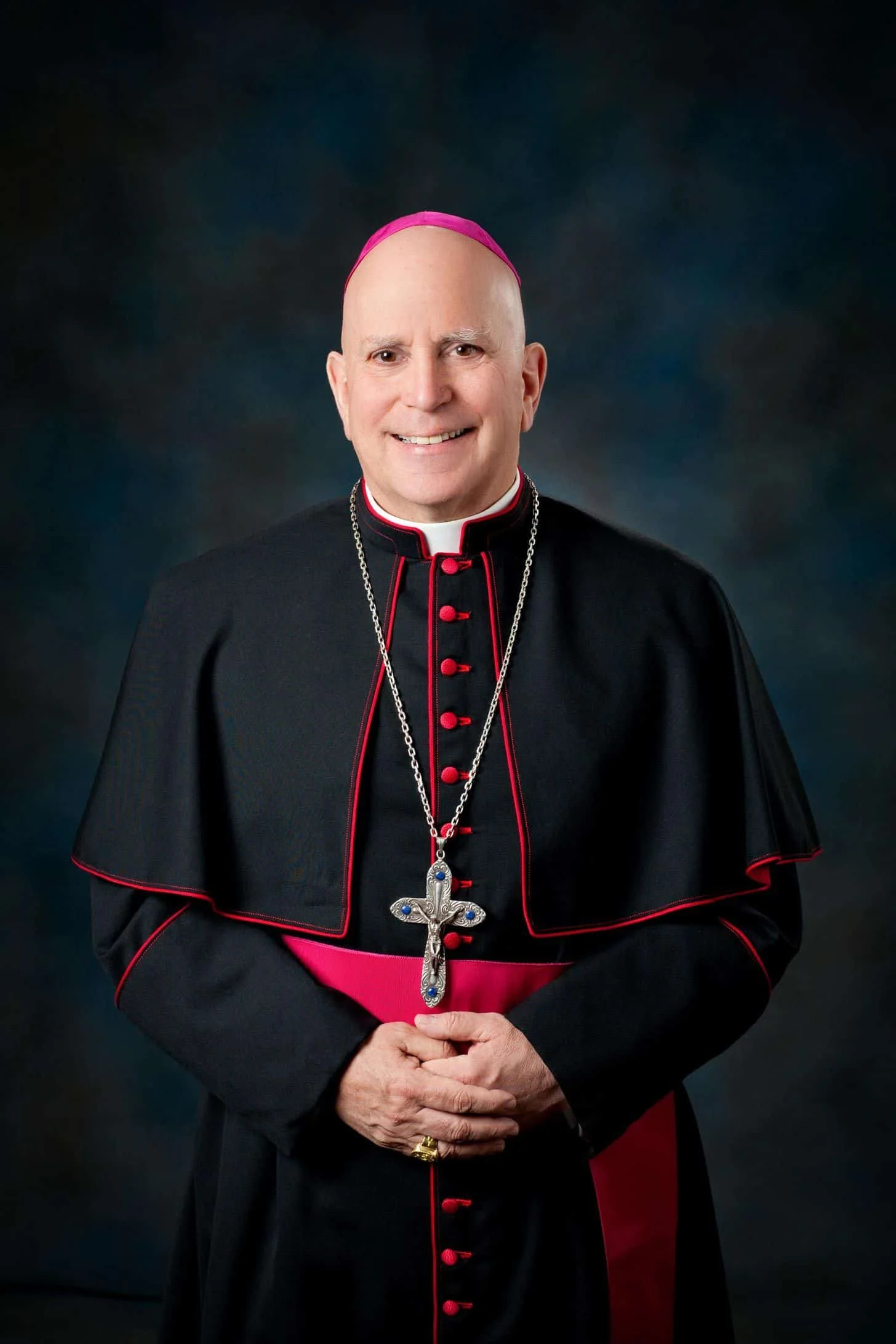Past Shepherds
“The gravest Fathers recommended for Christian youth the use of Pagan masters; the most saintly Bishops and most authoritative Doctors had been sent in their adolescence by Christian parents to Pagan lecture halls.”
— Saint John Henry Newman, Cardinal from 1879-1890, The Idea of a University
“Furthermore, when man gives himself to the various disciplines of philosophy, history, and of mathematical and natural science, and when he cultivates the arts, he can do very much to elevate the human family to a more sublime understanding of truth, goodness, and beauty, and to the formation of considered opinions which have universal value. Thus mankind may be more clearly enlightened by that marvelous Wisdom which was with God from all eternity, composing all things with him, rejoicing in the earth, delighting in the sons of men.”
— Saint Paul VI, Pope from June 21st, 1963 to August 6th, 1978, Gaudium et Spes
“The purpose of education is not just to train us for democracy, not to train us to make a living. The purpose of education is to acquaint us with truth. Truth about everything… We have to know the truth of science. The truth of literature. And above all, the truth of man… But beyond all these particular truths, the one basic truth that we have to learn is the truth of our own existence.”
— Archbishop Fulton J. Sheen, Bishop Emeritus of Rochester and Titular Archbishop of Newport, Link to the Youtube video source here
“The family, since it is a society in its own original right, has the right freely to live its own domestic religious life under the guidance of parents. Parents, moreover, have the right to determine, in accordance with their own religious beliefs, the kind of religious education that their children are to receive. Government, in consequence, must acknowledge the right of parents to make a genuinely free choice of schools and of other means of education, and the use of this freedom of choice is not to be made a reason for imposing unjust burdens on parents, whether directly or indirectly. Besides, the right of parents are violated, if their children are forced to attend lessons or instructions which are not in agreement with their religious beliefs, or if a single system of education, from which all religious formation is excluded, is imposed upon all.”
— Dignitatis Humanae, promulgated by His Holiness Pope Paul VI on December 7, 1965
“Moreover, if those who are called philosophers, and especially the Platonists, have said aught that is true and in harmony with our faith, we are not only not to shrink from it, but to claim it for our own use from those who have unlawful possession of it. For, as the Egyptians had not only the idols and heavy burdens which the people of Israel hated and fled from, but also vessels and ornaments of gold and silver, and garments, which the same people when going out of Egypt appropriated to themselves, designing them for a better use, not doing this on their own authority, but by the command of God, the Egyptians themselves, in their ignorance, providing them with things which they themselves were not making a good use of; in the same way all branches of heathen learning have not only false and superstitious fancies and heavy burdens of unnecessary toil, which every one of us, when going out under the leadership of Christ from the fellowship of the heathen, ought to abhor and avoid; but they contain also liberal instruction which is better adapted to the use of the truth, and some most excellent precepts of morality; and some truths in regard even to the worship of the One God are found among them. Now these are, so to speak, their gold and silver, which they did not create themselves, but dug out of the mines of God's providence which are everywhere scattered abroad, and are perversely and unlawfully prostituting to the worship of devils. These, therefore, the Christian, when he separates himself in spirit from the miserable fellowship of these men, ought to take away from them, and to devote to their proper use in preaching the gospel. Their garments, also, that is, human institutions such as are adapted to that intercourse with men which is indispensable in this life, we must take and turn to a Christian use.”
— Saint Augustine of Hippo, Bishop of Hippo Regius in North Africa, On Christian Doctrine
“For just as in the case of other beings enjoyment of flowers is limited to their fragrance and color, but the bees, as we see, possess the power to get honey from them as well, so it is possible here also for those who are pursuing not merely what is sweet and pleasant in such writings to store away from them some benefit also for their souls. It is, therefore, in accordance with the whole similitude of the bees, that we should participate in the pagan literature. For these neither approach all flowers equally, nor in truth do they attempt to carry off entire those upon which they alight, but taking only so much of them as is suitable for their work, they suffer the rest to go untouched.”
— Saint Basil the Great, Bishop of Caesarea, To Young Men, On How They Might Derive Profit from Pagan Literature
Present Shepherds
“I don’t need another STEM school. We’ve got plenty of those. As a Catholic Bishop, I want schools that proclaim Jesus Christ… But that also have a clear Catholic profile, an agenda, which shows that we’re trying to bring people closer to Christ. Otherwise, we should close our doors.”
— Bishop Robert Barron, Bishop of Winona-Rochester, Link to the Youtube video source here
“After much consideration, the Catholic schools in the Diocese of Marquette will not adapt or adopt the Common Core State Standards which were developed for the public school system. That said, we acknowledge that there is a base of adequate secular material in the Common Core State Standards that faith-based schools could reference as part of their educational programming. While we respectfully understand that other private & Catholic schools may discern to adapt or adopt the standards for these & other reasons, we do not believe that such actions would benefit the mission, Catholic identity or academic excellence of our schools.”
— Bishop John F. Doerfler, Bishop of the Diocese of Marquette, Michigan
“Truth, beauty, and goodness are attributes of God. There are three paths to the encounter with the Divine, or as Bishop Barron would put it, the three doors of evangelization. To evangelize the culture, we need to have all three doors wide open, because some people will be attracted to Christ through one door and others through another door… What is most encouraging to me is what you are doing here with the classical curriculum schools. This is a very powerful force for revitalizing the Church. It is one of the great true renewing movements of the Church. We started one in San Francisco this year and I’m very happy about that. I’m trying to support the pastor in attracting more people to enroll and I’m hoping to replicate that throughout the Archdiocese.”
— Archbishop Salvatore Cordelione, Archbishop of San Francisco
“We believe education exists to form the whole human person, not just to prepare someone for a career, but to live freely and beautifully, as God intended them to be. We believe that education frees us for the purpose of life itself, including virtue, honing reason, and fostering wonder… The work that you are doing in creating authentically Catholic schools will, without question, significantly impact the culture in the United States in the next fifty years. The Lord is using your work for His purposes, so thank you for cooperating with His grace.”
— Bishop James D. Conley, Bishop of Lincoln
“A Catholic school, therefore, cannot be a factory for the learning of various skills and competencies designed to fill the echelons of business and industry. Nor is it for “clients” and “consumers” in a competitive marketplace that values academic achievement… The Holy See’s documents insist that, in order to be worthy its name, a Catholic school must be founded on Jesus Christ, the Redeemer…All too many Catholic schools fall into the trap of a secular academic success culture, putting their Christological focus and its accompanying understanding of the human person in second place. Christ is “fitted in” rather than being the school’s vital principle… Catholic schools do far more than convey information to passive students. They aspire to teach love for wisdom, habituating each student “to desire learning so much that he or she will delight in becoming a self-learner.”… Mindful of redemption in Christ, the Catholic school aims to form in its pupils those particular virtues that will enable them to live a new life in Christ and help them to play their part in serving society and the Church.”
— Archbishop J. Michael Miller, Archbishop of Vancouver
“The teachers and staff of Our Lady of Lourdes School utilize the classical model of education to introduce their students to the truth, goodness and beauty that God has woven throughout creation. They hand on the gift of our Catholic faith that helps our youth encounter Jesus Christ and become his disciples. This approach, coupled with a close-knit school culture, nurtures the character of the students and results in them having a contagious, joyful enthusiasm for the Gospel, for learning, and for seeking the truth. I am proud of Our Lady of Lourdes and hope to see schools like it throughout the archdiocese!”
— Archbishop Samuel J. Aquila, Archbishop of Denver
"Catholic schools, now more than ever, are especially needed because there's so much confusion and so much dishonesty lies in the culture. We need our Catholic schools, but they have to be Catholic schools that are faithful."
— Bishop Thomas Daly, Bishop of Spokane, Chairman for the USCCB Committee on Catholic Education
“I think right now, in our contemporary society in the United States, there are two main catalysts that are drawing people’s attention, parents particularly, to classical education. One is based in fear and the other should be based in hope. And for our Catholic embrace of the intellectual tradition, which is now known as classical education, which frankly, it’s just education. I mean where you come to know things and come to some sense of freedom… That should be hopeful and in a way of articulating the truth, there is, I think, because of COVID, and because of all of a sudden a new awareness of the ideologies that have really dominated so much of contemporary education, even now to the elementary level, people are frightened, and we have to face our fears with courage. You know, courage is the virtue that sustains the virtue of hope, so we can’t act out of our fears, we have to act with hope and not react to what scares us. There are things that are frightening, violence against children is frightening, ideologies today of the left and even the right are frightening. But fear is useless, what we need is trust in God and hope, in a tried tradition of the dignity of the human person, that’s not just an abstract concept, but of each human being we encounter. And I think that really has to be what lights our way in education and in classical education. Otherwise, we’re teaching only formulas, where in a sense I think we dumb down our children, that they’re not ready to live the basic, but very real demands of responsibilities of human life, adult human life.”
— Bishop Michael Olson, Bishop of Fort Worth

